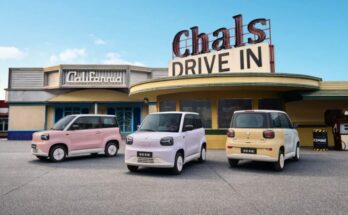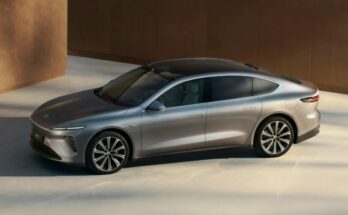Toyota has slashed the leasing fee into half and applied a roughly 10% discount to the lease-exclusive bZ4X EV in Japan.
Despite Japan’s long history in the automotive industry, the country has been hesitant to adopt electric vehicles, especially compared to other developed economies. According to comments given to Reuters, this hesitancy has led to Toyota’s recent decision to discount the Toyota bZ4X in their home country.
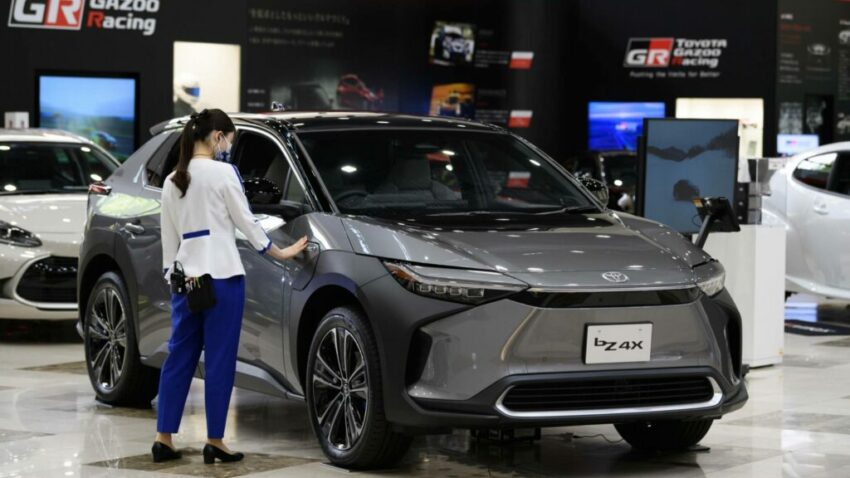
When launched in May 2022, the Toyota bZ4X was only available for lease in Japan. According to Shinya Kotera, president of Toyota’s leasing branch KINTO, both the leasing structure and the current discount were implemented to incentivize Japanese buyers to (re)consider the Toyota bZ4X. The discount halves the leasing fee to 385,000 yen ($2,636) and decreases the monthly lease charge of 107,800 ($738) yen by 1,100 yen ($7.53), or about 10% of the current monthly fee.
Related: Toyota Officially Reveals the bZ3 EV in China
It is important to note that while Toyota executives may be the least likely to acknowledge this fact, Toyota’s issues with embarrassing recall regarding the bZ4X are certainly not aiding demand. The vehicle was globally recalled for a serious safety issue, and one would be surprised if this were not affecting current market demand for the new Toyota EV.
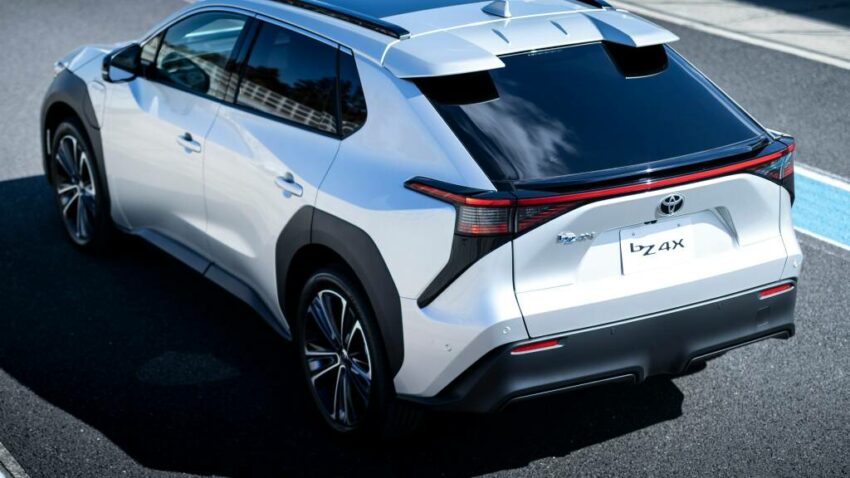
“I don’t think we are in the kind of environment where customers who would buy the bZ4X would jump at the chance to buy it, so we have to take our time in making the effort,” Mr. Kotera told Reuters.
Related: Toyota Found Fix for Wheel Issue that Caused bZ4X Recall
Mr. Kotera points out that the leasing system was implemented to alleviate customer concerns, removing worries about battery degradation and resale value. However, despite these efforts, Toyota remains doubtful that they will be able to hit their goal of leasing 5,000 bZ4X SUVs.
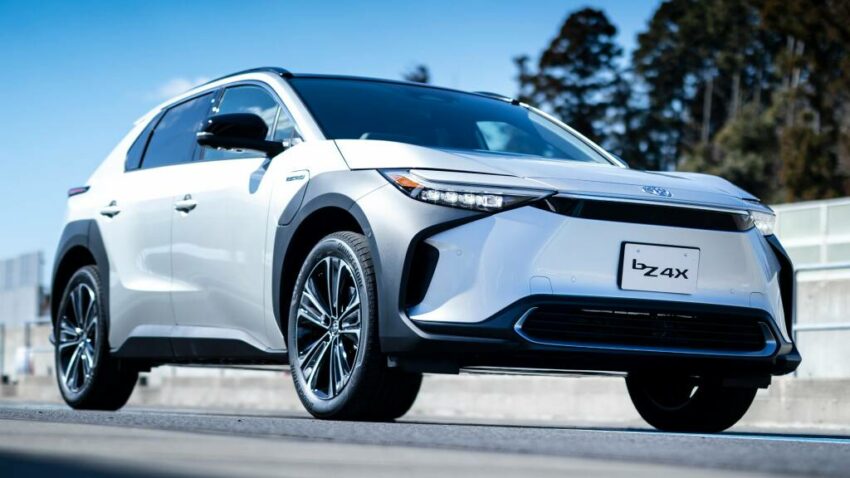
The other hurdle facing electric vehicles in Japan, as pointed out by the KINTO president, is the lack of charging infrastructure. Earlier this week, Tesla announced they had placed their 50th Supercharger in the country. Simultaneously, other charging networks in the country remain smaller and less developed than those found in their neighbor, China. For consumers, this means the purchase of an EV is far from a straightforward decision.
Related: How Toyota Sneakily Spreads Anti-EV Propaganda in Japan
What remains unclear is if Toyota’s trouble selling their new electric vehicle applies to other manufacturers in the country or if Toyota is uniquely feeling the lack of demand. But as numerous other Asian markets quickly move to adopt EVs as part of transportation, there is no doubt that the Japanese public will eventually follow.
Source: Teslarati

A computer animation professional with over 23 years of industry experience having served in leading organizations, TV channels & production facilities in Pakistan. An avid car enthusiast and petrolhead with an affection to deliver quality content to help shape opinions. Formerly written for PakWheels as well as major publications including Dawn. Founder of CarSpiritPK.com


